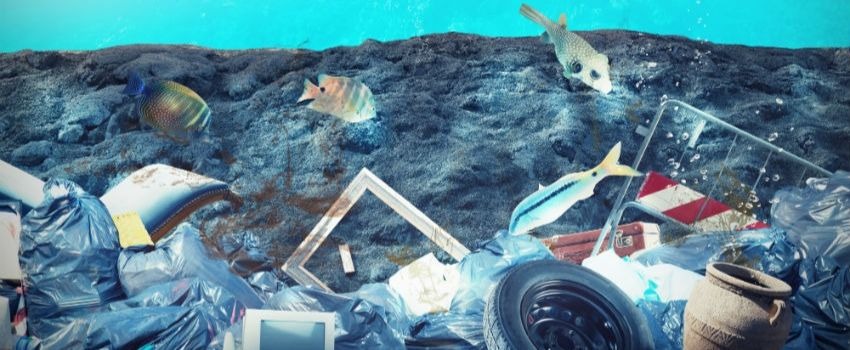
According to a recent report from WWF, more than 1,000 harbour porpoises die in British waters every year unnecessarily. The WWF study found that these small porpoises end up becoming accidentally trapped in the nets of fishermen resulting in them suffocating and dying. The report highlights three black spots, in the South-West and South-East of England as well as the Shetland waters and in the North East of Scotland.
Immediate action necessary
WWF is urging for immediate actions to address the crisis. WWF produced the report in collaboration with the Sky Ocean Rescue campaign. The report claims that gill nets which are a wall of netting that traps the fish by their gills are responsible for the death of porpoises. The report suggests that there should be other techniques introduced as well as improved monitoring techniques.
National scandal
WWF fisheries programme manager Helen MacLachlan says that it is a national scandal that porpoises tragically die in the harbour and that this can no longer be ignored. Many people in the UK will be shocked to learn the scale of the problem and horrified that these amazing mammals may well be dying in the same nets used to catch the fish that sits on their dinner plates. It is critical that the UK takes immediate action to ensure that nature is restored and remains protected.
UK waters globally important
There are approximately 177,000 harbour porpoises that ply the waters of the United Kingdom and it is a globally important area for both breeding and feeding. The report cites a number of academic studies and estimates during 2017 anywhere between 587 and 2,615 porpoises were killed with the best guess being 1,098 or roughly three per day.
Real number of deaths must be much higher
The estimates are partly based on data recorded by observers on board a number fishing vessels and that has been extrapolated to estimate the total number of harbour porpoises inadvertently killed by the entire fleet. WWF however believes that the real number may be much higher since the estimate does not take into consideration the nets laid by smaller vessels and the number of dead porpoises that fall out of nets as they are drawn in.
Black spots
The black spots where the number of porpoise deaths are especially high include Cornwall, Kent, Sussex and the coastal waters of the West of Shetland. WWF says the areas that are particularly abundant in marine life tend to attract both large numbers of gill-net fisheries and porpoises. WWF says the UK does comply EU regulations regarding gill net by-catch of harbour porpoises. However, the NGO says there should be alternatives such as hooks and hand lines for catching certain species.





